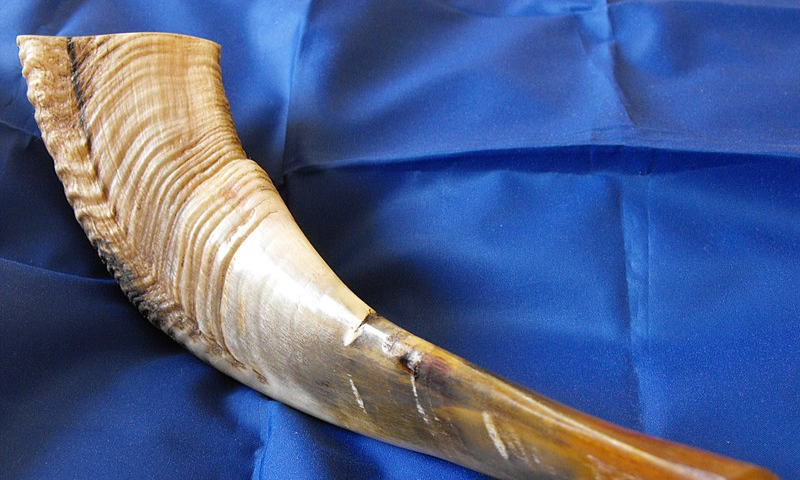Rokhl Kafrissen
Tablet, Sept. 30, 2022
“The first recording I heard of this song was this intense, urgent version that had instrumentation like sirens, fast strumming, and the singing sounded so desperate. And the lyrics themselves have felt more and more relevant the older I’ve gotten as antisemitism has been rising around the U.S.”
I want to talk about Yom Kippur. But only because I’m dreading it. The best part of Yom Kippur is nile, or Ne’ilah, if you prefer. The gates of heaven are closing. The shoyfer is blowing. Maybe someone is even going into the shul kitchen to bring out a tray with little cups of apple juice. You feel elated. But let’s be real, you look like hell. I mean, I do. You probably look fresh as a daisy.
After 25-ish hours of fasting and repenting for all your sins, you probably don’t want to think about your own mortal weakness for a while, if not a whole year. The contrast between those feelings—pre-repentance and post-repentance—is the subject of Aaron Lebedeff’s superb comic Yiddish theater song, “Far nile, nokh nile” (Before Nile, After Nile).
far nile, nokh nile (before nile, after nile)
a bokher, a bsile (whether a boy or a girl)
darf a yeyder zayn a shtikl mentsh (every person must strive to be a mentsh)
So far, so good. Practical, if bland, moral advice. The song continues: In each of our lifetimes we must make a kheshbn. Kheshbn is a loshn-koydesh (Hebrew-Aramaic) word meaning accounting. It has a very specific meaning in relation to Rosh Hashanah and Yom Kippur. Traditionally, one makes an accounting of the soul, a kheshbn hanefesh, in preparation for judgment. And Hashem is doing his own accounting in order to seal us, hopefully, in the Book of Life. So, says Lebedeff, don’t be too snobbish. Down the road, fate may leave you, too, with a face looking like “after nile.” … Source


